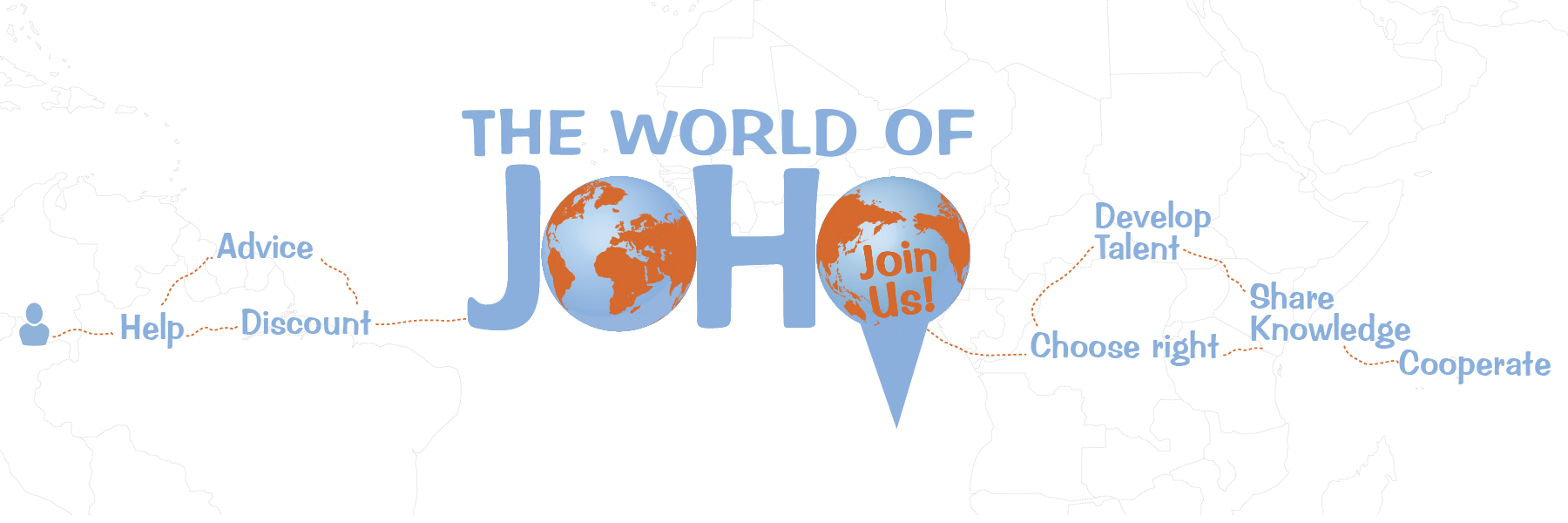Critical thinkingArticle: Scott O. Lilienfeld (2005)The 10 commandments of helping students distinguish science from pseudoscience in psychology The first commandment It is important to communicate to students that the differences between between science and pseudoscience, although not absolute or clear-cut, are neither arbitrary or subjective.Warning signs that characterize most pseudoscientific disciplines:A tendency to invoke ad hoc hypotheses, which can be thought of as ‘escape hatches’ or loopholes, as a means of immunizing claims from falsification.An absence of self-correction and an accompanying intellectual stagnationAn emphasis on confirmation rather than refutationA tendency to place the burden of proof on sceptics, not proponents, of claimsExcessive reliance on anecdotal and testimonial evidence to substantiate claimsEvasion of the scrutiny afforded by peer reviewAbsence of ‘connectivity’, a failure to build on existing scientific knowledgeUse of impressive-sounding jargon whose primary purpose is to lend claims of facade of scientific respectabilityAn absence of boundary conditions. A failure to specify the settings under which claims do not hold.Non of these warnings signs is by itself sufficient to indicate that a discipline is pseudoscientific.But, the more of these warning signs a discipline exhibits, the more suspect it should become.The second commandmentLearning to distinguish scepticism from cynicism.One danger of teaching students to distinguish science from pseudoscience is that we can...
Toegangsopties
De volledige inhoud van deze pagina is alleen zichtbaar voor ingelogde gebruikers van het WorldSupporter platform.
Meer voordelen van je eigen account:
- Je kunt je eigen inhoud aanmaken en delen
- je kunt de navigatie gebruiken om je favoriete organisaties, groepen en supporters te bewaren en te volgen
- Je kunt bijdragen toevoegen of feedback achterlaten bij de inhoud van andere Supporters
- Je kunt je favoriete inhoud 'flaggen' en later gebruiken
- Meer voordelen die kun je vinden via het menu en de WorldSupporter toolkits
Wil je volledige toegang tot alle pagina's op WorldSupporter?
- Dan kan je JoHo WorldSupporter member worden.
- Voor registratie als JoHo WorldSupporter member vraagt JoHo je om op joho.org een aanmeldformulier in te vullen.
- Voor meer informatie over JoHo WorldSupporter member worden, lees je hier meer.
- Of wordt direct member op joho.org
Support JoHo and support yourself by becoming a JoHo member
Word nu JoHo WorldSupporter donateur
- for free to follow other supporters, see more content and use the tools
- for €10,- by becoming a member to see all content
Waarom een account aanmaken?
- Je WorldSupporter account geeft je toegang tot alle functionaliteiten van het platform
- Zodra je bent ingelogd kun je onder andere:
- pagina's aan je lijst met favorieten toevoegen
- feedback achterlaten
- deelnemen aan discussies
- zelf bijdragen delen via de 7 WorldSupporter tools
Planning to go abroad?
Live, Study, Travel, Help or Work abroad?
Je vertrek voorbereiden of je verzekering afsluiten bij studie, stage of onderzoek in het buitenland
Study or work abroad? check your insurance options with The JoHo Foundation
- 1 of 188
- volgende ›
 WSRt, critical thinking - a summary of all articles needed in the second block of second year psychology at the uva
WSRt, critical thinking - a summary of all articles needed in the second block of second year psychology at the uva
This is a summary of the articles and reading materials that are needed for the second block in the course WSR-t. This course is given to second year psychology students at the Uva. This block is about analysing and evaluating psychological research. The order in which the articles are shown bellow is the order in which they have been studied in the course. In total, 13 articles are needed














Add new contribution